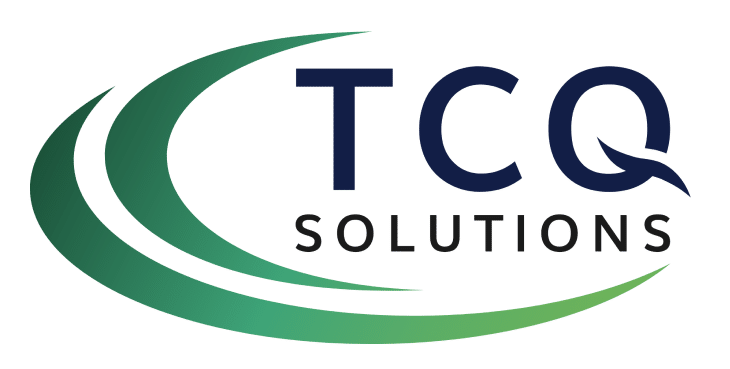Your Accountant, Their Role:
- Financial Preparation: An accountant ensures all financial records are accurate, up-to-date, and properly organized, including income statements, balance sheets, and cash flow statements, to present a clear financial picture to potential buyers in compliance with GAAP.
- Tax Strategy and Planning: They analyze the tax implications of the sale, advising on how to structure the transaction to minimize tax liabilities and comply with regulations.
- Due Diligence Support: The accountant provides essential financial documentation during the buyer's due diligence process, addressing questions and resolving potential concerns about the business's financial health.
Expectations of Your Accountant
- Accuracy and Expertise: The accountant must deliver precise financial data and demonstrate expertise in handling business transactions, including knowledge of tax laws and regulations. They should be prepared to outline any non-GAAP procedures used by the company to the buyer with acceptable justification of practices.
- Confidentiality: They should handle all financial information with discretion, ensuring sensitive details are protected throughout the transaction.
- Timeliness: The accountant should meet critical deadlines, especially during due diligence, to ensure the transaction progresses without unnecessary delays.
Your Lawyer, Their Role:
- Contract Review and Drafting: The legal advisor drafts, reviews, and negotiates key documents, including the Letter of Intent (LOI), purchase agreement, and non-disclosure agreements, ensuring the terms protect the owner’s interests.
- Regulatory Compliance: They ensure the transaction complies with all applicable laws, including employment, tax, and industry-specific regulations, to avoid legal complications. They may also be called upon to comment and provide clarity regarding company patents and trade secrets.
- Risk Mitigation: The legal advisor identifies potential legal risks in the sale, advises on liabilities, and implements strategies to minimize exposure, ensuring the owner is well-protected.
Expectations of Your Attorney
- Expertise and Precision: The legal advisor should have specialized knowledge in business sales and contracts, providing clear, accurate legal guidance to safeguard the owner’s interests. Do not pick a general practicing attorney – make sure and pick one that has M&A experience with a specialty in this practice of law.
- Proactive Problem Solving: They should anticipate legal challenges and proactively address them, offering solutions that ensure a smooth transaction process. It is important for the business owner to set the right expectation that they will work collaboratively with the buyer’s legal team to solve issues and avoid unnecessary conflicts which might jeopardize the deal.
- Communication and Collaboration: The legal advisor must communicate complex legal terms in a clear, understandable way and work effectively with other team members, such as the accountant and business broker.
Your Broker, Their Role
- Marketing and Buyer Sourcing: A business broker markets the business effectively, highlighting its strengths, and uses their network and resources to identify and attract qualified buyers. Their expertise ensures the business reaches the right audience, maximizing its value.
- Negotiation Facilitator: Brokers serve as intermediaries during negotiations, balancing the interests of both parties and working to secure favorable terms for the owner. They bring experience in handling complex discussions and ensuring a fair and efficient process.
- Transaction Management: From preparing the business for sale to coordinating due diligence and overseeing timelines, brokers manage every stage of the transaction, ensuring all tasks are completed on schedule and guiding the deal to a successful close.
Expectations of Your Broker
- Market Knowledge and Expertise: Owners should expect brokers to have a deep understanding of market trends, valuation strategies, and buyer behavior. This expertise is crucial for setting a competitive price and positioning the business effectively.
- Proactive Communication and Transparency: A broker should provide regular updates, keep the owner informed of progress, and address any questions or concerns promptly. Their clear and consistent communication builds trust and ensures alignment throughout the process.
- Commitment to Closing the Deal: Owners should expect their broker to stay focused and dedicated to achieving a successful close, leveraging their skills to navigate challenges, maintain momentum, and secure the best possible outcome.
Conclusion
Successfully selling a company requires the collaboration of a skilled, dedicated team. Together, these professionals provide the expertise and support needed to navigate complexities, avoid pitfalls, and achieve a favorable outcome. By assembling the right team, owners can approach the sale with confidence, maximizing value and securing a successful closing.

